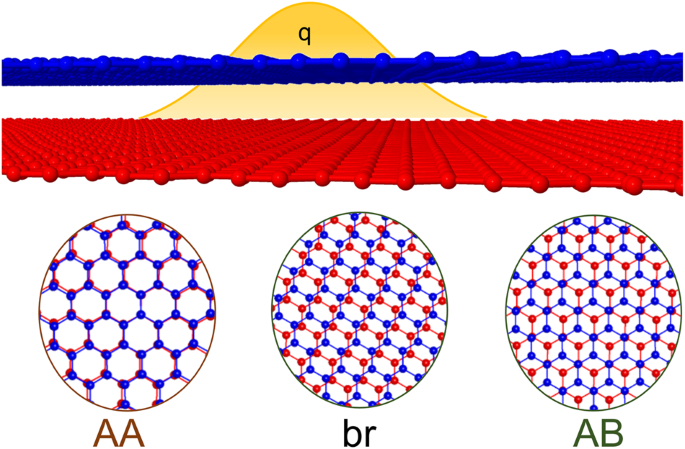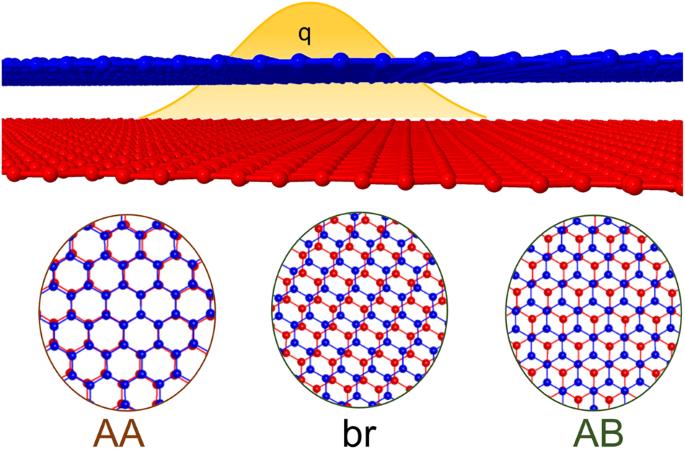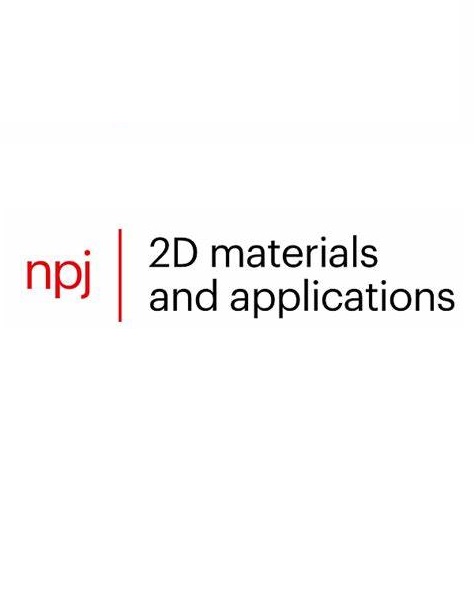Effect of Coulomb impurities on the electronic structure of magic angle twisted bilayer graphene
IF 9.1
2区 材料科学
Q1 MATERIALS SCIENCE, MULTIDISCIPLINARY
引用次数: 3
Abstract
In graphene, charged defects break the electron-hole symmetry and can even give rise to exotic collapse states when the defect charge exceeds a critical value which is proportional to the Fermi velocity. In this work, we investigate the electronic properties of twisted bilayer graphene (tBLG) with charged defects using tight-binding calculations. Like monolayer graphene, tBLG exhibits linear bands near the Fermi level but with a dramatically reduced Fermi velocity near the magic angle (approximately 1.1°). This suggests that the critical value of the defect charge in magic-angle tBLG should also be very small. We find that charged defects give rise to significant changes in the low-energy electronic structure of tBLG. Depending on the defect position in the moiré unit cell, it is possible to open a band gap or to induce an additional flattening of the low-energy valence and conduction bands. Our calculations suggest that the collapse states of the two monolayers hybridize in the twisted bilayer. However, their in-plane localization remains largely unaffected by the presence of the additional twisted layer because of the different length scales of the moiré lattice and the monolayer collapse state wavefunctions. These predictions can be tested in scanning tunneling spectroscopy experiments.


库仑杂质对魔角扭曲双层石墨烯电子结构的影响
在石墨烯中,带电缺陷会打破电子-空穴对称性,当缺陷电荷超过与费米速度成正比的临界值时,甚至会产生奇异的塌缩态。在这项工作中,我们利用紧密结合计算研究了带有带电缺陷的扭曲双层石墨烯(tBLG)的电子特性。与单层石墨烯一样,tBLG 在费米水平附近也表现出线性带,但在魔术角附近(约 1.1°)费米速度急剧下降。这表明,魔幻角 tBLG 中缺陷电荷的临界值也应该非常小。我们发现,带电缺陷会导致 tBLG 的低能电子结构发生显著变化。根据缺陷在摩尔单元中的位置,有可能打开一个带隙或引起低能价带和导带的额外扁平化。我们的计算表明,两个单层的塌缩态会在扭曲的双层中发生杂化。然而,由于摩尔晶格和单层塌缩态波函数的长度尺度不同,它们在平面内的定位基本不受额外扭曲层存在的影响。这些预测可以在扫描隧道光谱实验中得到验证。
本文章由计算机程序翻译,如有差异,请以英文原文为准。
求助全文
约1分钟内获得全文
求助全文
来源期刊

npj 2D Materials and Applications
Engineering-Mechanics of Materials
CiteScore
14.50
自引率
2.10%
发文量
80
审稿时长
15 weeks
期刊介绍:
npj 2D Materials and Applications publishes papers on the fundamental behavior, synthesis, properties and applications of existing and emerging 2D materials. By selecting papers with the potential for impact, the journal aims to facilitate the transfer of the research of 2D materials into wide-ranging applications.
 求助内容:
求助内容: 应助结果提醒方式:
应助结果提醒方式:


